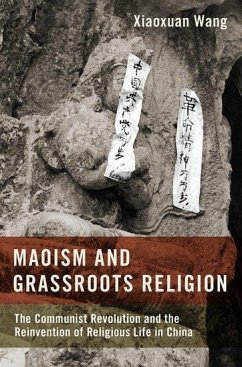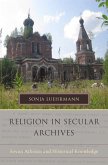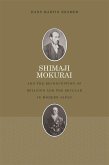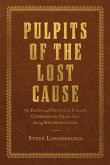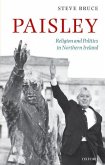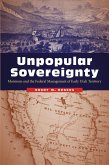Maoism and Grassroots Religion explores grassroots religious life under and after Mao in Rui'an County, Wenzhou of southeast China, a region widely known for its religious vitality. Drawing on unexplored local state archives, records of religious institutions, memoirs, and interviews, it tells the story of local communities' encounter with the Communist revolution, and its consequences, especially competition and struggles for religious property and ritual space. Xiaoxuan Wang shows that Maoism permanently altered the religious landscape in China, especially by inadvertently promoting the localization and even (in some areas) expansion of Protestant Christianity, as well as the reinvention of traditional communal religion. He contends that the post-Mao religious revival had deep historical roots in the Mao years, and cannot be explained by contemporary economic motives and cultural logics alone. The book calls for a new understanding of Maoism and secularism in the People's Republic of China.
Hinweis: Dieser Artikel kann nur an eine deutsche Lieferadresse ausgeliefert werden.
Hinweis: Dieser Artikel kann nur an eine deutsche Lieferadresse ausgeliefert werden.

